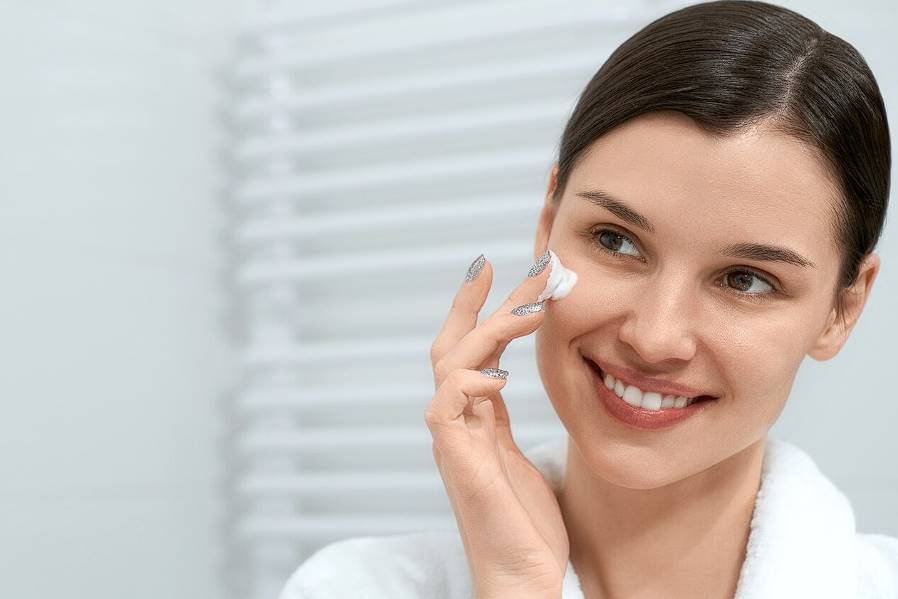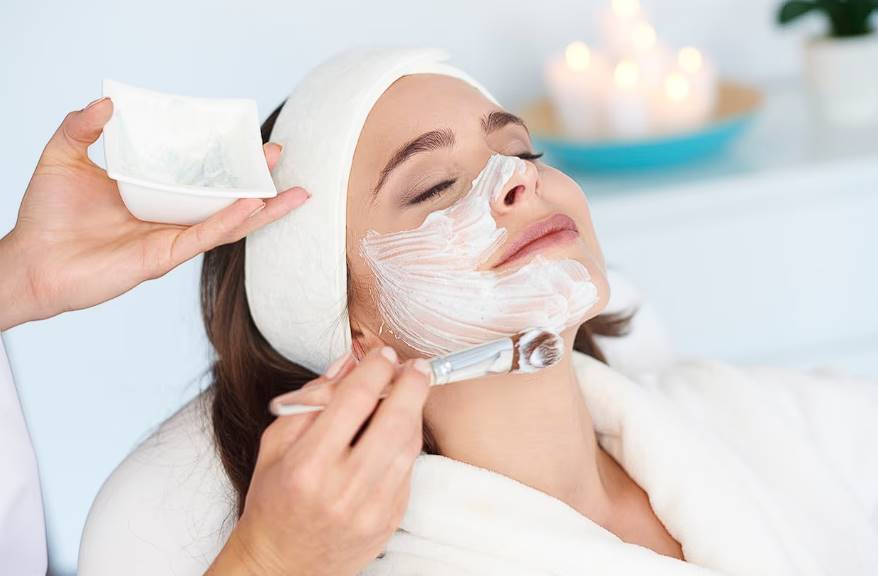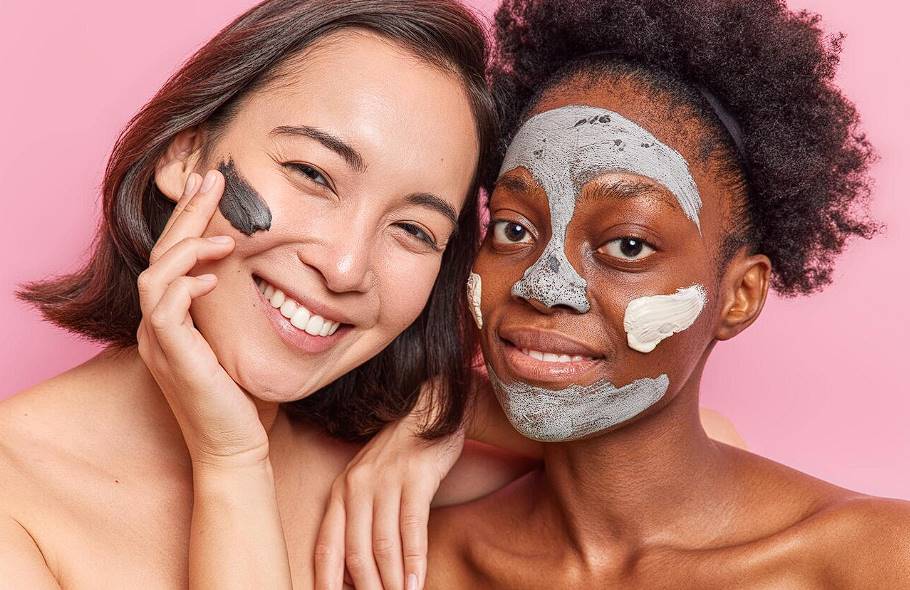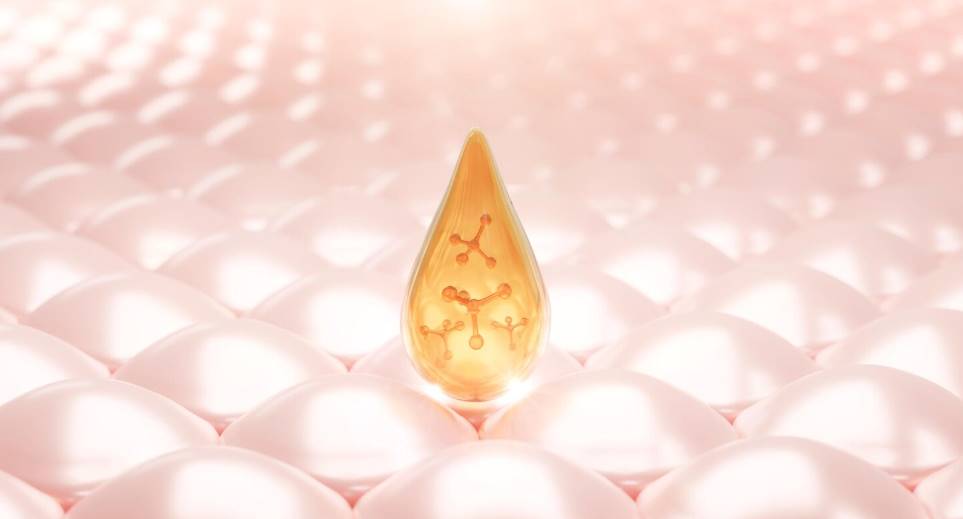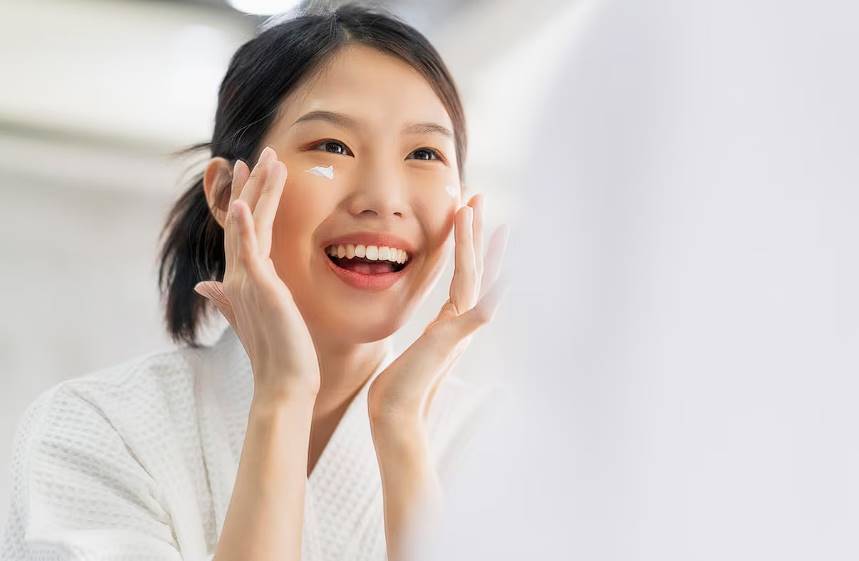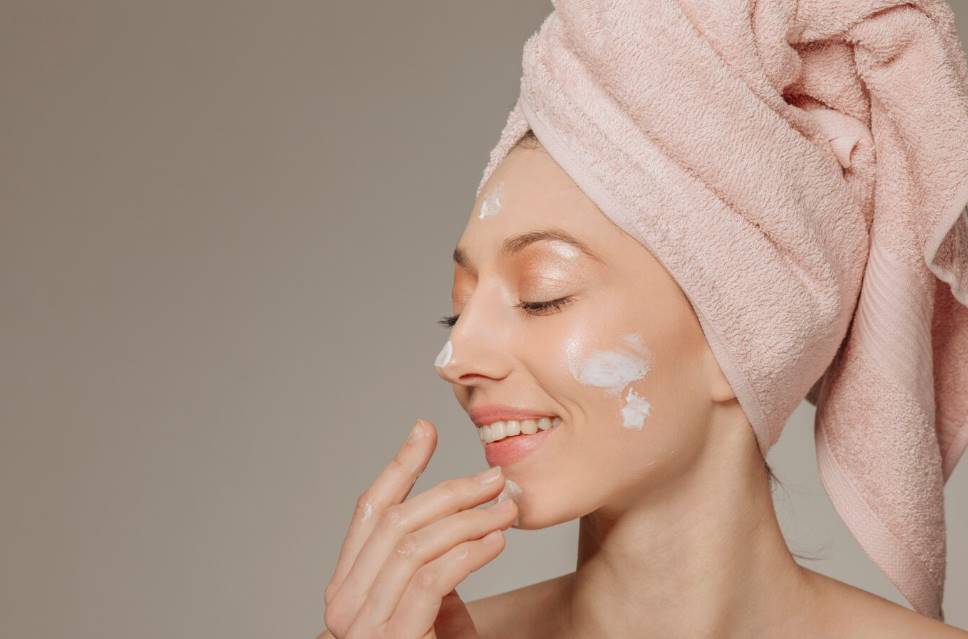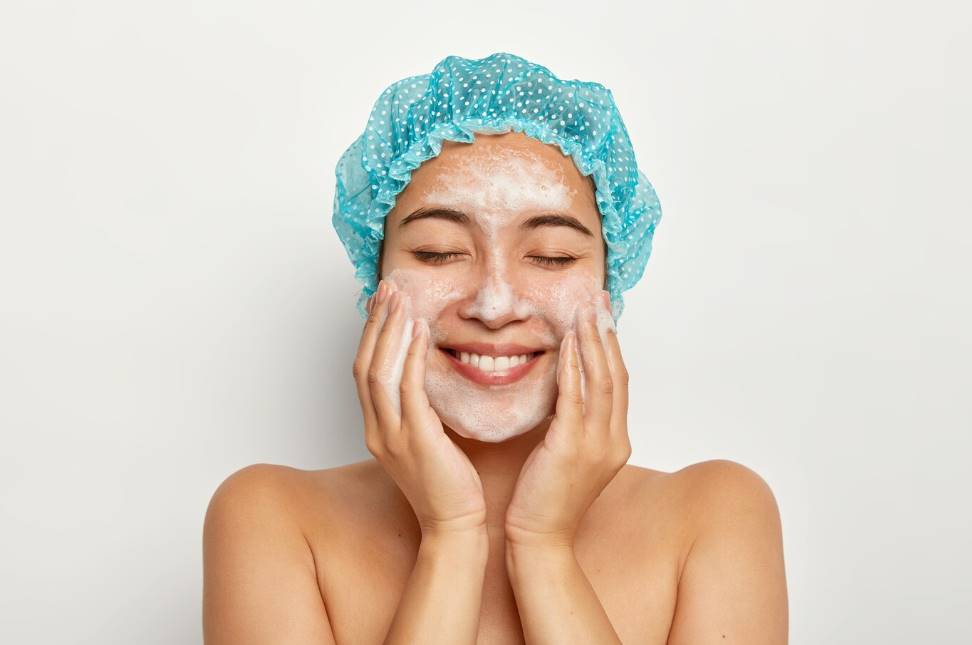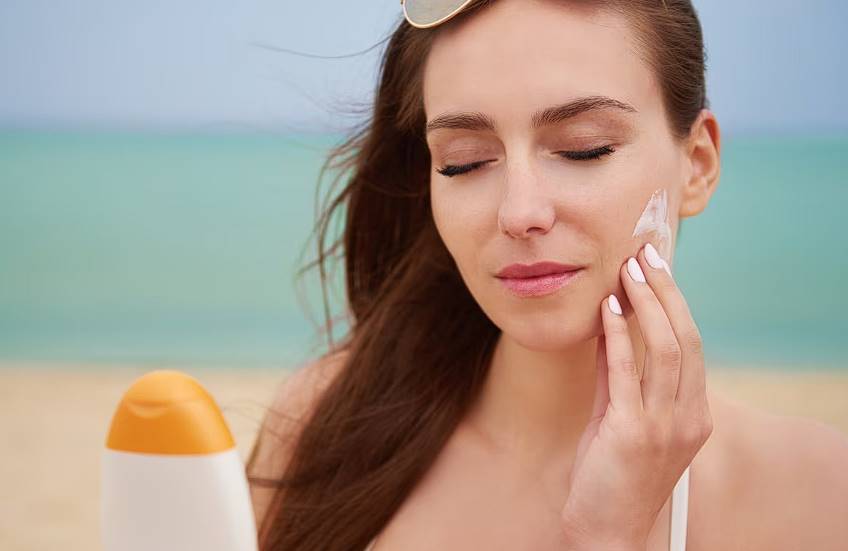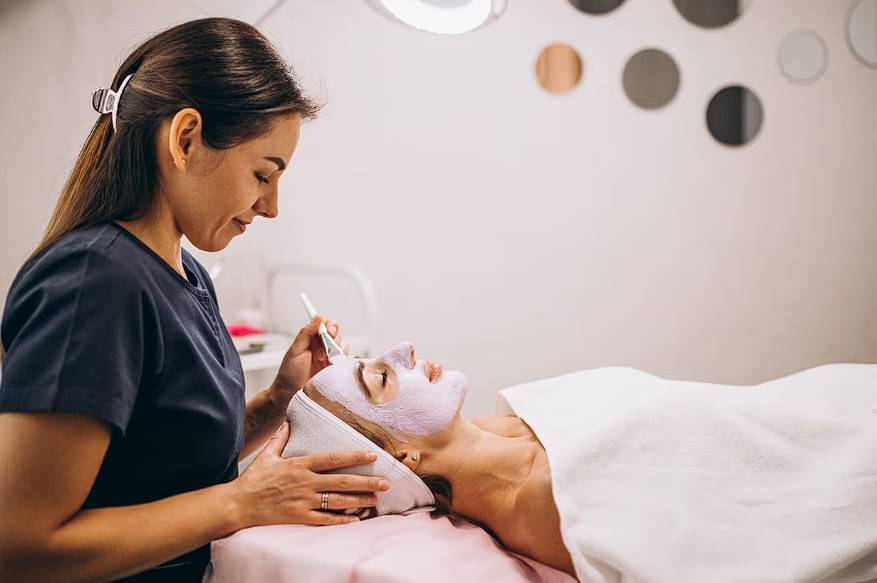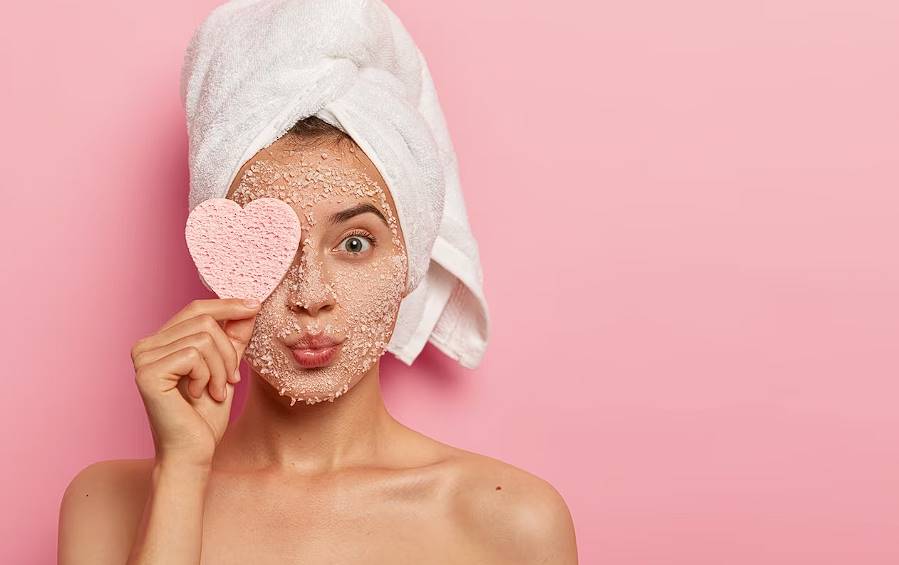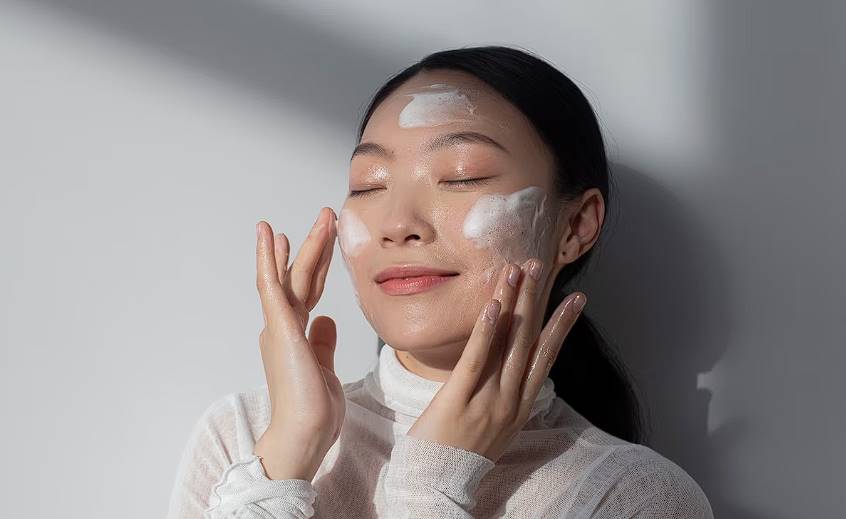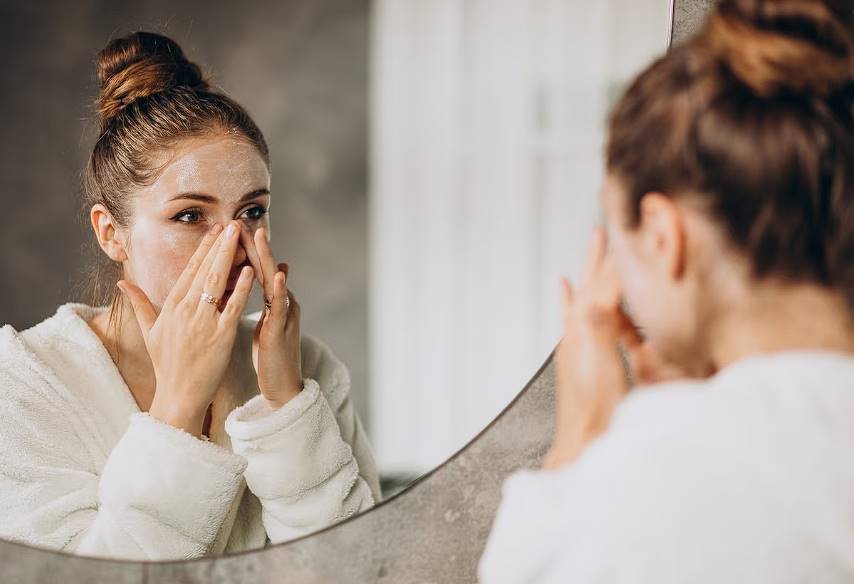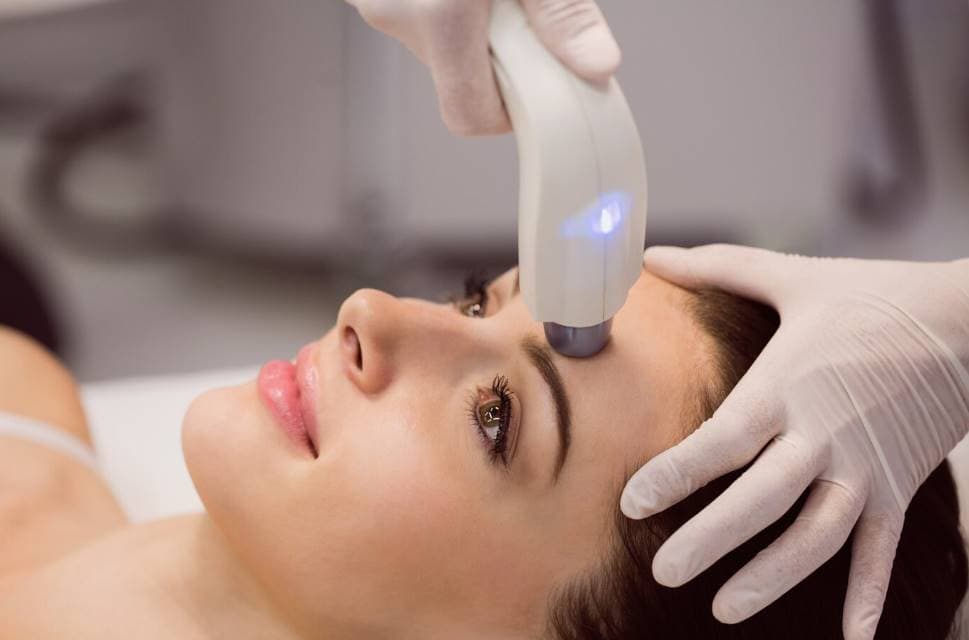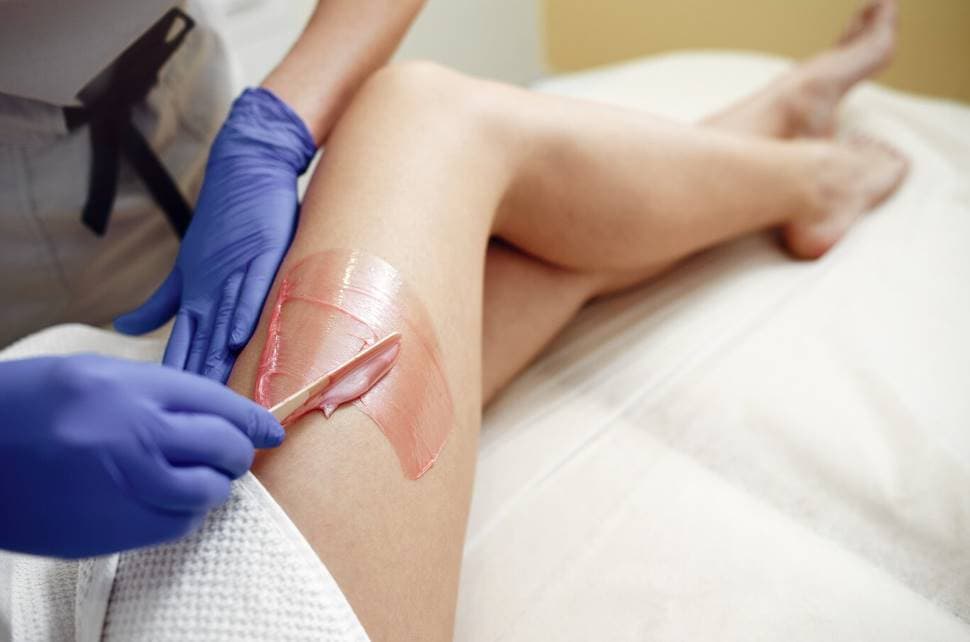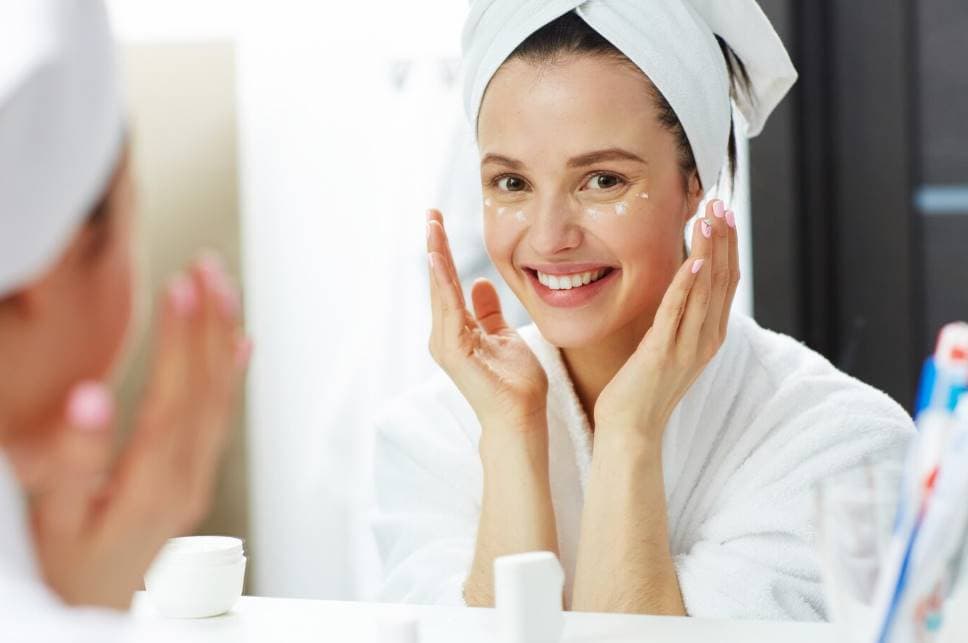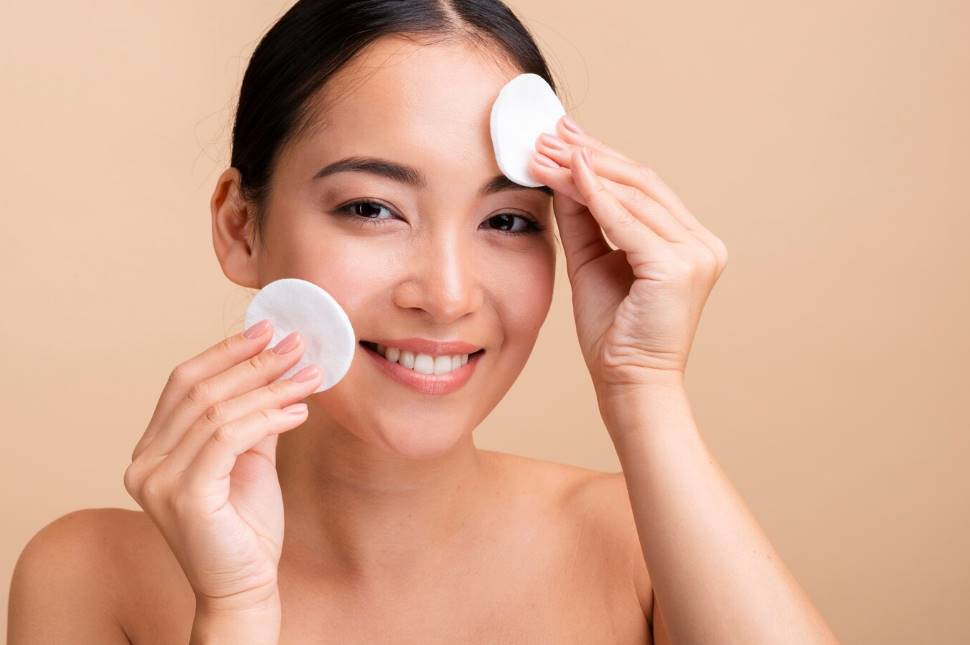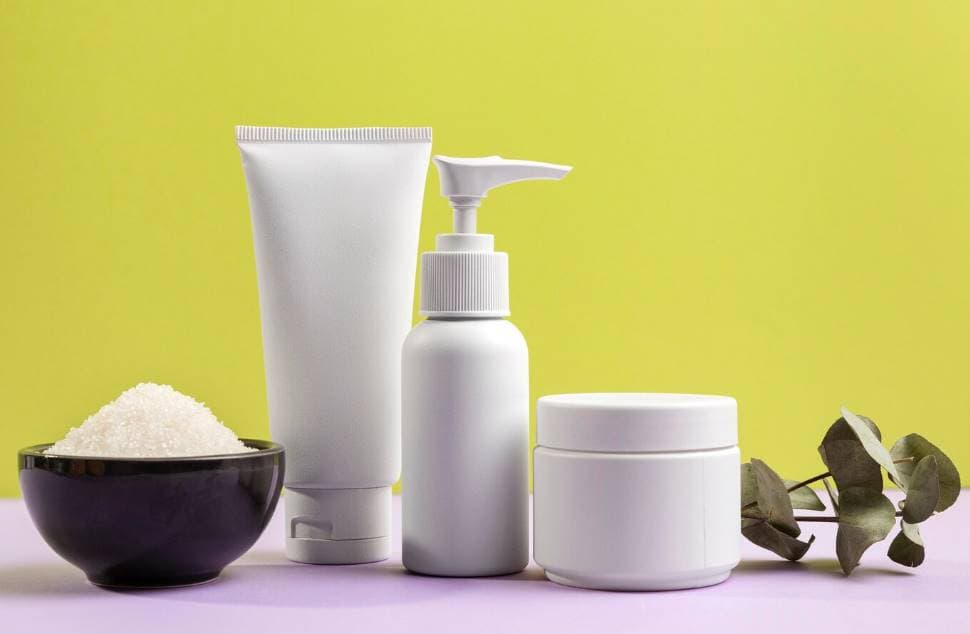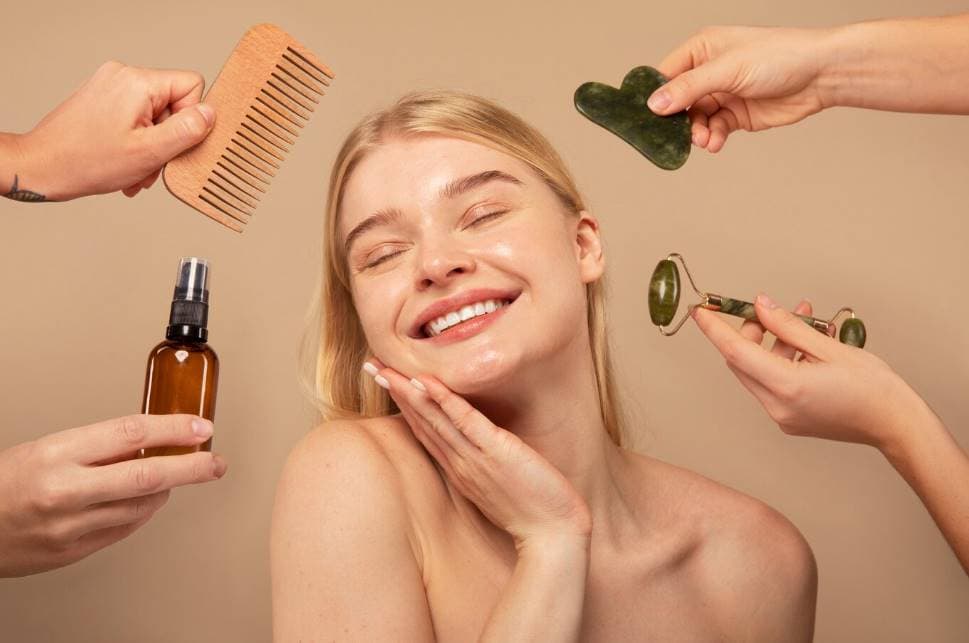The sensitive skin around the eyes requires special care, and eye creams have become an essential part of skincare routines because of the many benefits they provide. Anti-aging properties are a major selling point for eye creams. Premature ageing is most evident in the delicate skin surrounding the eyes, which is more prone to fine lines and wrinkles.
The appearance of fine lines and crow's feet can be minimised with the help of a high-quality eye cream, which should contain chemicals like retinol and peptides to promote collagen formation. Antioxidants like vitamins C and E are commonly found in eye treatments and work to shield the skin from the damaging effects of free radicals.
Eye creams also help with puffiness and dark circles under the eyes. Puffiness and discolouration beneath the eyes can be caused by a variety of factors, including a lack of sleep, allergies, and genetics.
Caffeine and arnica, two common constituents in eye creams, reduce swelling and increase blood flow, respectively, resulting in less under-eye darkness and less puffiness. Some eye creams also contain light-reflecting particles, which give the eyes a brighter, more awake look.
Eye creams should be rich in moisture. Dryness is especially common in the delicate skin surrounding your eyes because it lacks oil glands. The appearance of fine wrinkles and tired eyes can be exaggerated when skin is dehydrated.
To keep the skin around the eyes supple and free of fine lines and wrinkles, use an eye cream containing moisturising components like hyaluronic acid and glycerine.
Additionally, eye creams provide protection from environmental aggressors. Pollutants and UV rays from the sun, which we are exposed to every day, can hasten the ageing process.
Protecting the sensitive skin around the eyes from environmental stressors is made possible with the help of eye creams that contain antioxidants and sun protection components.
What Are Eye Creams?
Because it is so much thinner, the skin surrounding our eyes is more susceptible to environmental factors like drying out and sun damage. Crow's feet, lines, and wrinkles are accelerated by the constant movement of blinking and facial movements.
There is also a deficiency of the natural moisturising oil, or sebum, around the eyes. Since the skin around the eyes is so thin and sensitive, under eye creams are typically richer and more emollient and conditioning than facial lotions.
Emollients, humectants, or a combination of the two are the moisturising ingredients included in eye lotions. Emollients, such as glycerine, are used to soften the skin by filling in fine lines and bumps. Water is drawn up from the dermis and ectoderm by humectants like hyaluronic acid and bionic acid.
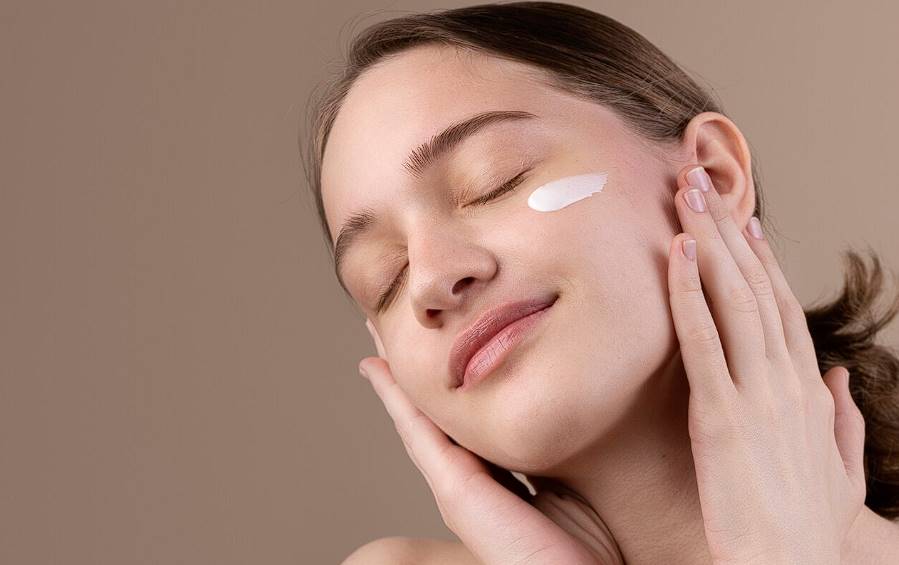
What Does Eye Cream Do?
The skin on one's eyelids is distinctly more fragile than the skin on other parts of the face and body. Notably delicate, it possesses fewer oil glands, rendering it less resilient, and is subject to countless micromovements due to facial expressions throughout the day. Given its unique nature, this area demands extra attention and care.
Eye creams are meticulously formulated to cater to these specific needs. Their primary role is to moisturise and protect the vulnerable skin surrounding the eyes. Regularly applying a high-quality eye cream can significantly diminish signs such as under-eye bags, puffiness, and discolouration.
What’s the difference between moisturiser and eye cream?
Understanding the distinction between moisturisers and eye creams is pivotal, given that eye creams are bespoke solutions tailored for specific skincare needs.
These specialist products are crafted to address distinct concerns, allowing them to be more concentrated and effective. Their active ingredients are formulated to delve deeper into the skin, encouraging the skin's natural processes to function optimally.
On the other hand, general moisturisers primarily offer surface-level hydration. They contain a medley of beneficial ingredients, such as emollients, humectants, dimethicone, waxes, squalene, and butters.
However, unlike targeted treatments, moisturisers are not typically designed to be absorbed deeply into the skin. Instead, they may simply form a protective layer on the skin's surface without offering prolonged benefits.
Furthermore, eye creams are meticulously crafted to be both potent and gentle for use around the delicate eye area. They often incorporate a distinct set of premium ingredients, particularly suited for the sensitive nature of the eye region.
8 Benefits of Eye Cream
Applying eye cream regularly, even if you don't think you need it, is a good preventative approach for maintaining the skin's youthful appearance and elasticity. However, it's useful in many other contexts as well!
Here are some gains you'll notice after regularly applying eye cream:
- Anti-Aging Benefits: Regular application of eye cream serves as a proactive measure to maintain the skin's youthful vigour and flexibility, effectively keeping signs of aging at bay.
- Protection from Environmental Stress: The daily grind and environmental pollutants can render the skin dull and lifeless. A quality eye cream, enriched with potent antioxidants and hydrating agents, shields the delicate skin from such external harm.
- Reduction of Fine Lines: The presence of therapeutic antioxidants, vitamins, and moisturisers in eye creams can significantly diminish the visibility of wrinkles and facial lines, rendering a smoother texture.
- Combat Puffiness: Factors like sleep deprivation, allergies, and age can result in fluid retention, causing puffiness around the eyes. Premium eye creams encompass ingredients tailored to counteract these symptoms, presenting a more rejuvenated appearance.
- Diminish Dark Circles: High-grade eye creams are infused with beneficial botanicals that target and reduce discolouration, brightening the under-eye region.
- Targeted Hydration: Unlike regular moisturisers, eye creams are formulated to provide bespoke hydration to the fragile skin around the eyes, ensuring it remains nourished without causing irritations.
- Makeup Prep: By alleviating puffiness and dark circles, eye creams set the stage for a flawless makeup application. This ensures that concealers glide on seamlessly and don't accentuate fine lines.
- Reinforce and Soothe: The skin around our eyes is inherently thin and sensitive. Specialised ingredients in eye creams bolster this area, providing relief and rejuvenation, especially after long days or restless nights.
Ingredients to Look Out for
How exactly do eye creams accomplish all of their miraculous effects? The key is in the formulation.Toxins, chemicals, animal byproducts, and synthetic perfumes all have no place in an eye cream, in our opinion.
- Caffeine refreshes skin that looks fatigued and lessens the visibility of dark circles and puffiness.
- Collagen and elastin are two examples of proteins vital to skin health, and they are made up of amino acids called peptides.
- The delicate skin around your eyes is protected and kept looking young by green tea's soothing properties.
- Dark spot visibility is improved, skin tone is evened out, and a healthy glow is achieved with vitamin C.
- Hyaluronic acid is a naturally occuring substance that gives our bodies elasticity and buoyancy.
- Aloe Vera has calming, refreshing, and moisturising effects.
- Squalane is an excellent moisturiser since it acts like our natural sebum does, which is plumping.
- In addition to diminishing discolouration, retinol also makes skin look fuller and more toned.
- Vitamin B3 helps the skin retain water and keeps the colour from fading.
What type of eye creams should you use?
Dry Skin
The skin around your eyes is particularly vulnerable to dryness and flaking if you already have dry skin elsewhere on your body. To keep your skin supple and hydrated, try a heavier cream than you would normally use.
Dark Circles and Puffiness
You're doing what you can to reduce the swelling around your eyes. You could try a retinol-based solution. Vitamin C, mint, and caffeine are used in Garnier's Clearly Brighter Anti-Puff Eye Roller to reduce the appearance of puffiness around the eyes. Puffiness and dark circles under the eyes may also be reduced.
Fine Lines and Wrinkles Around Your eyes
Antioxidants can make your eye area and facial skin look younger and brighter. Fine lines and wrinkles can be softened with the use of retinol, vitamin C, and peptides.
All Skin Types
The under-eye area is particularly vulnerable to sun damage. Make sure you use a sunscreen with an SPF of at least 15, preferably 25. Sunglasses with UVA and UVB protection are also required.
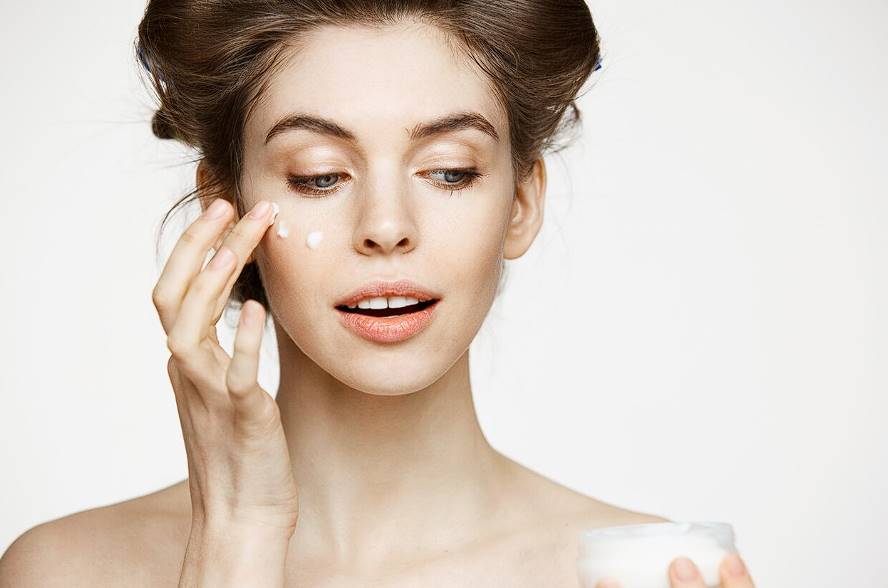
Common Mistakes When Applying Eye Creams
Not Using The Best Formula
Eye creams and serums are specifically made to address a wide range of skin concerns. Sticking with high-quality products designed by skincare professionals, is the best way to see visible benefits. The region around your eyes will be brightened while dark circles are diminished and wrinkles are smoothed out.
Applying Products In The Wrong Order
To get the most out of your skincare products, always start with the least intensive and work your way up. Since the eye serum has more potent components, it should be applied before the moisturiser. If your eye cream is more substantial than your moisturiser, apply it afterwards.
Using Eye Cream On Dry Skin
Applying eye cream on wet skin will allow you to fully experience its benefits. When applied to damp skin, it helps the skin hold onto water so it doesn't dry out. This is why many experts suggest prepping the skin with a wash or a few dabs of water before applying eye cream.
Applying Eye Cream Too Close To The Eyes
The product could seep into your eyes if you don't stop a few centimetres before the lash line. This may cause some annoyance. To be on the safe side, always apply eye cream or serum along the orbital bone.
Not Letting The Product Absorb
Don't apply any additional skincare products to your face until your eye cream and eye serum have thoroughly absorbed. Doing so will guarantee the product's efficacy and prevent it from shifting when other products are applied on top.
Using Eye Cream And Eye Serum Inconsistently
Consistency is the single most critical factor in skin care. Eye cream and eye serum are most effective when used proactively, before the first indications of ageing occur, rather than reactively, once these problems have already manifested. The delicate skin around your eyes needs moisture even if you aren't worried about wrinkles or dark circles.
Conclusion
Eye creams are important for the sensitive skin around the eyes because they slow down the ageing process, get rid of fine lines and wrinkles, and help collagen production. They also help with dark circles and puffy eyes, which can be caused by things like not getting enough sleep, allergies, or your genes.
Some common ingredients in eye creams are light-reflecting particles, caffeine, and arnica, which both help reduce redness and improve blood flow. The skin around your eyes is very thin and easily gets dry, so eye creams should be very moisturising. They also shield you from harmful things in the surroundings, like pollution and the sun's UV rays.
The skin around your eyes is thinner and more sensitive to the outside world, so eye creams are richer and more moisturising than face lotions. Humectants pull water from the dermis and ectoderm, which makes the skin smoother by filling in small lines and bumps.
Customised eye creams are made to meet the unique needs of each person's skin, treating specific issues and supporting the skin's natural processes to work at their best. Often made with a special blend of high-quality ingredients, they are made to be both strong and gentle enough to use around the eyes.
Using eye cream every day is an important way to keep your face looking young and flexible. It can slow down the ageing process, protect against external stress, reduce fine lines and wrinkles, fight puffiness and dark circles, target hydration, perfect makeup application, and strengthen and soothe. Green tea, vitamin C, hyaluronic acid, aloe vera, squalane, retinol, vitamin B3, and vitamin B3 are some of the most important ingredients in eye creams.
For dry skin, choose a heavier cream than normal. For dark circles and puffiness, choose a retinol-based solution. For younger, brighter skin, choose an antioxidant-based solution.
And for sun protection under the eyes, choose an antioxidant-based solution. Try not to put products on top of each other, use eye cream on wet skin, put it too close to your eyes, or not let it soak in. Also, don't use eye cream and serum in different ways.
Eye cream is an important way to keep your skin looking young and flexible. It has high-quality goods made by skin care experts, which can help get rid of dark circles and wrinkles and protect the sensitive skin around the eyes.
People often make mistakes when they put on eye cream, like not using the right formula, putting on the products in the wrong order, putting the cream too close to the eyes, not letting it soak in, and not mixing eye cream and liquid properly. When it comes to face care, consistency is key, and using the product regularly is the only way to get these benefits.
Content Summary
- The delicate eye area demands specialised care.
- Eye creams play a pivotal role in contemporary skincare regimens.
- The primary allure of eye creams is their anti-ageing prowess.
- Premature ageing signs predominantly manifest around the eyes.
- Quality eye creams combat fine lines and crow's feet effectively.
- Key ingredients in top eye creams include retinol and peptides.
- Antioxidants such as vitamins C and E are vital in eye care formulations.
- These antioxidants mitigate damage from environmental free radicals.
- Eye creams address puffiness and dark circles effectively.
- Sleep deprivation, allergies, and genetics contribute to under-eye issues.
- Ingredients like caffeine and arnica boost blood flow, reducing puffiness.
- Many eye creams feature light-reflecting particles for a brighter appearance.
- Eye creams are a beacon of hydration for the delicate eye region.
- The skin around eyes lacks oil glands, making hydration paramount.
- Essential moisturising agents in eye creams include hyaluronic acid and glycerine.
- Beyond hydration, eye creams shield skin from environmental threats.
- Daily exposure to UV rays can accelerate ageing, making protection crucial.
- The skin around our eyes is remarkably thin, warranting special care.
- Blinking and facial expressions expedite the appearance of fine lines.
- Eye creams offer richer and more tailored care than regular lotions.
- Emollients in eye creams smooth out fine lines, offering a rejuvenated look.
- Humectants, like hyaluronic acid, draw moisture, ensuring lasting hydration.
- The fragile eyelid skin needs unique care, different from the rest of the face.
- Targeted treatments like eye creams address specific under-eye issues.
- Knowing the distinction between moisturisers and eye creams is essential.
- Eye creams delve deep, optimising the skin's natural processes.
- In contrast, regular moisturisers provide surface-level hydration.
- Premium ingredients ensure eye creams are gentle for sensitive areas.
- Applying eye cream consistently aids in maintaining the skin's youthful elasticity.
- Eye creams offer protection, hydration, and revitalisation.
- Ingredients like caffeine rejuvenate tired-looking skin and mitigate dark circles.
- Collagen-boosting ingredients, like peptides, enhance skin firmness.
- The soothing properties of green tea guard the delicate eye area.
- Vitamin C in eye creams brightens and combats discolouration.
- Eye creams with aloe vera provide calming and moisturising effects.
- Ingredients like squalane mimic natural sebum, ensuring optimal hydration.
- Retinol in eye creams plumps skin, reducing the visibility of wrinkles.
- Choosing the right eye cream caters to specific skin concerns.
- For dry skin, richer creams ensure optimal hydration.
- Retinol-based solutions target dark circles and puffiness effectively.
- Antioxidants in eye creams combat fine lines and ensure skin vitality.
- Always prioritise eye creams with sun protection for daytime use.
- Avoid common mistakes for maximum eye cream efficacy.
- Choosing the right formula and product order enhances results.
- For best results, apply eye cream on damp skin.
- Ensure a safe application by avoiding direct contact with eyes.
- Allow eye creams to fully absorb before layering other products.
- Regular and consistent use of eye creams ensures the best outcomes.
- Proactive use of eye creams offers better results than reactive usage.
- Quality eye creams are the secret to a youthful, rejuvenated gaze.
Frequently Asked Questions
Eye creams are specifically formulated to address the delicate skin around the eyes. They are designed to target concerns such as fine lines, wrinkles, puffiness, dark circles, and dryness. Eye creams provide hydration and contain active ingredients that promote skin elasticity and reduce the signs of aging.
It's generally recommended to start using an eye cream in your mid to late 20s as a preventive measure. However, if you have specific concerns like puffiness or dark circles, you can start earlier. Regular use of eye cream can help maintain the skin's elasticity and prevent early signs of aging.
Apply a small amount of eye cream using your ring finger, which exerts the least pressure. Gently tap or pat the cream around the orbital bone, avoiding direct contact with the eyes. Start from the inner corner and move outwards. Be careful not to tug or pull the delicate skin, as it can contribute to wrinkles.
While it's better than using nothing, regular facial moisturizers may not be suitable for the sensitive eye area. Eye creams are specifically formulated with ingredients that are gentle on the eyes. They are also designed to absorb quickly and not cause irritation. For optimal results, it's advisable to use a dedicated eye cream.
The time it takes to see results with an eye cream varies based on the product's formulation and your skin's specific needs. Some people notice improvements, such as reduced puffiness or increased hydration, within a few weeks. For long-term benefits like wrinkle reduction, consistent use over several months is usually necessary. Patience and consistency are key when using eye creams.
